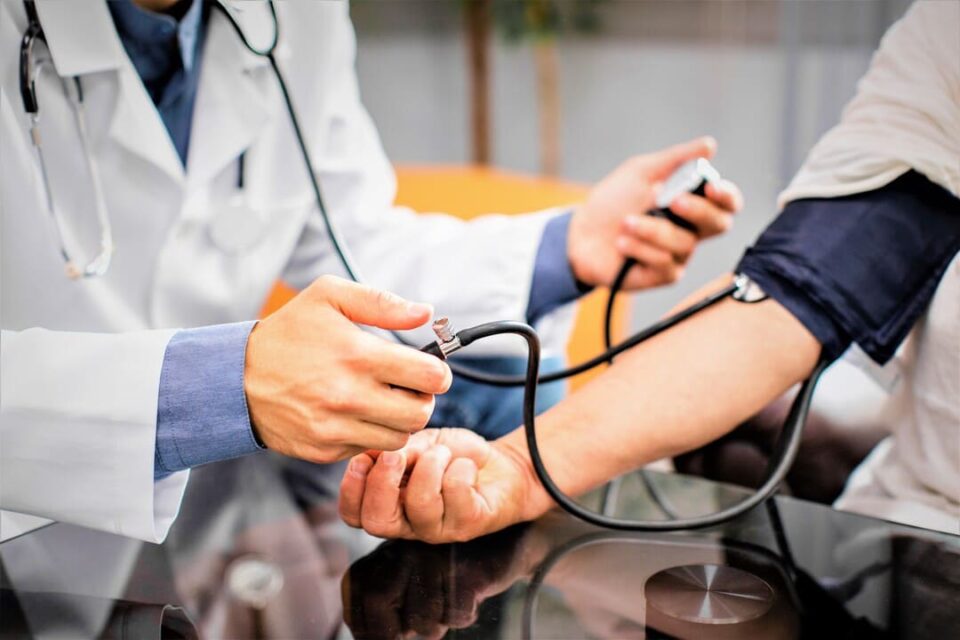Velu is a knowledgeable, accomplished man. He has a nuanced understanding of everything from global politics to carbon credits. But when it comes to taking his blood pressure medication, Velu lives in denial.
“Doc, I feel fine most of the time,” he told me recently. “Is swallowing these pills every single day necessary? I walk 10,000 steps, I only sleep 5 hours… When the whole Western world is drinking alcohol, why can’t I have some a few times a week?”
Velu’s wife and brother, worried about his future health, had convinced him to see me. I empathized with his frustrations. Velu has had hypertension for a decade. I had prescribed him clinically proven Ayurvedic medicines, but he frequently skipped doses.
Velu isn’t alone. Research shows that around 50% of Indian patients stop taking prescribed BP drugs within a year. Perceptions play a key role in this non-adherence epidemic.
- Lack of symptoms: Feeling fine, many underestimate their risks and deem daily pills unnecessary.
- Fears of lifelong treatment: The idea of taking medication indefinitely is daunting for some.
- Side effects: From fatigue to erectile dysfunction, adverse effects can seem worse than an invisible disease.
- Insufficient counseling: Overworked doctors often lack time to explain hypertension and the importance of adherence thoroughly.
The consequences are deadly. Uncontrolled high blood pressure is the leading cause of heart attacks, strokes, kidney failure, and premature death in India. Hypertension is a “silent killer”, gradually damaging vital organs without causing noticeable symptoms.
I understand my patients’ apprehension about committing to lifelong treatment. But the alternative – disability or an early grave – is infinitely worse. The good news is that the challenges driving nonadherence can be beaten with greater awareness and partnership.
1. Don’t underestimate your risks. Keeping BP consistently controlled is crucial to protecting your health.
2. Make lifestyle modifications. Reducing salt, exercising, managing stress, limiting alcohol, and maintaining a healthy weight have powerful benefits when combined with medication. Make positive changes in a family affair!
3. Reframe your perspective on lifelong treatment. Like diabetes, hypertension requires ongoing management. But a wholesome lifestyle and modern once-daily pill options make adherence easier than ever.
4. Speak up about side effects. Your doctor can adjust dosages or find alternative drugs to minimize bothersome symptoms. Never quit on your own.
5. Empower yourself with knowledge. I’d appreciate it if you could learn what your BP numbers mean, how your medications work, and why taking them consistently is non-negotiable. Education conquers denial.
Velu, to his credit, has turned the corner. “I didn’t realize how serious high BP is,” he reflected at his last visit. “I’m committed to taking my medication every day now – I want to be around for my grandkids.”
The stakes are too high to let denial undermine your health. If you have hypertension, talk to your doctor and make a plan today to get it under control for good.

